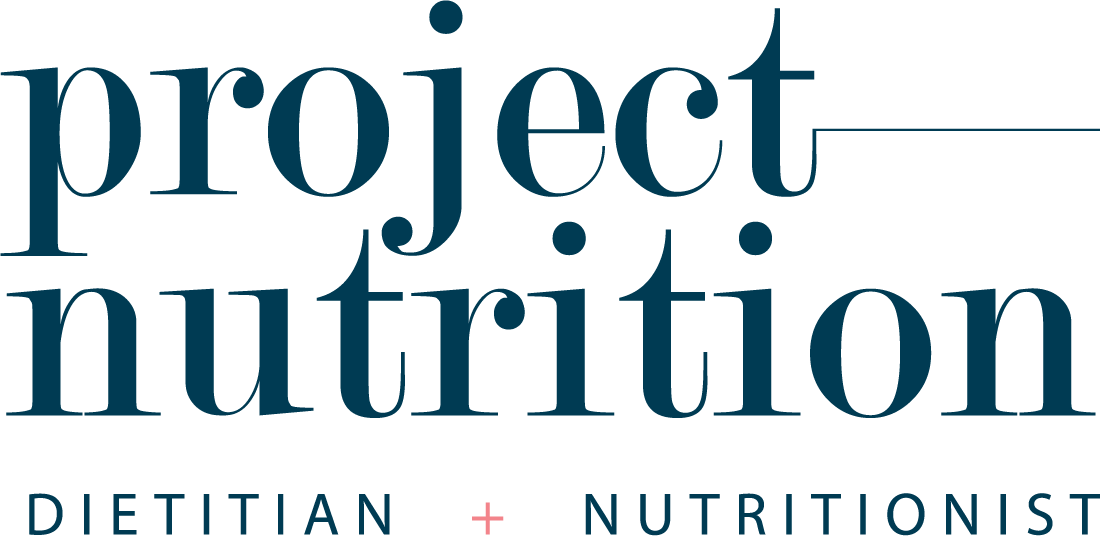Important things you should be told when first diagnosed with PCOS
Receiving a Polycystic Ovary Syndrome (PCOS) diagnosis can evoke a mix of emotions—shock, confusion, overwhelm, and perhaps even a glimmer of relief. Whether you were diagnosed decades ago or just recently, the journey ahead may seem daunting. In today's blog post, we're delving into the key aspects of PCOS that you should have been told at the time of diagnosis.
PCOS is not just a condition that impacts fertility
PCOS isn't just a reproductive condition; it's a multifaceted syndrome with far-reaching effects on metabolic and psychological health. While its impact on fertility is a common concern, it's important to recognize that PCOS can also influence weight management, insulin resistance, your risk of developing chronic health conditions such as type 2 diabetes & cardiovascular disease, your body image, sleep and mental well-being. Understanding that PCOS is more than just a reproductive issue is crucial for a comprehensive approach to managing its symptoms.
Nutrition & lifestyle treatment should be recommended to all women with PCOS
Nutrition and lifestyle adjustments form the cornerstone of PCOS management which is why the International Evidence Based Clinical Treatment Guideline for PCOS recommends that nutrition & lifestyle treatment should be recommended to all women diagnosed with PCOS. Recognizing the power of these changes can lead to improved fertility, health outcomes and enhanced quality of life. Tailoring your diet to support your unique needs, managing stress, and incorporating regular physical activity can help regulate the hormone imbalances that occur with PCOS, improve insulin sensitivity, and enhance overall well-being. Learn more about what to eat for PCOS here
You can get pregnant with PCOS!
PCOS isn't an infertility sentence; pregnancy is still possible. The biggest barrier to conceiving with PCOS is irregular or absent ovulation. Without ovulation, you can’t fall pregnant & if you’re ovulating irregularly you have less chances of conceiving. With the right approach, including lifestyle changes and, if necessary, medical interventions, individuals with PCOS can support more regular ovulation and improve their chances of conception. Seeking guidance from healthcare professionals specializing in PCOS and fertility can offer tailored solutions and hope for starting a family. You can learn more about how PCOS impacts on fertility here
You can lose weight if you have PCOS (but only if you want too!)
The complexities of weight and PCOS are often intertwined. The hormone imbalances that occur with PCOS such as insulin resistance & hyperandrogenism along with chronic inflammation can have an impact on your body weight, alongside other factors that influence weight such as genetics, calorie intake, physical activity & your environment. Research shows that when women with PCOS are provided with support from their healthcare team that they are able to lose the same amount of weight as those without PCOS and Clinical guidelines indicate that a modest weight loss of 5-10% of total body weight can bring about positive changes to your PCOS symptoms. This modest weight loss can contribute to better hormone balance, more regular menstrual cycles and enhanced overall wellbeing.
It’s important to remember that rates of disordered eating are higher in women diagnosed with PCOS, so weight loss may not be a safe or appropriate treatment option. Your journey to better health with PCOS isn’t just about weight loss and weight loss isn’t the only way that you can improve your symptoms. So if weight management is not something that you want included in your treatment plan, that is ok!
Remember your worth and progress is not determined by the number on the scales.
PCOS is not your fault
We still don’t know exactly what causes PCOS, but one thing is for certain you haven’t done anything to cause it. Current research suggests a genetic component. Understanding that PCOS isn't a result of personal actions or choices is vital for shedding any self-blame and embracing self-compassion. By acknowledging the genetic aspect, you can approach your PCOS journey with a clearer perspective.
There are medications available to help you manage your condition (if you need them)
Medications can be valuable tools in your PCOS journey. While lifestyle adjustments are pivotal, medication can provide an additional layer of support. From hormonal treatments to manage irregular periods to medications targeting insulin resistance, discussing pharmaceutical options with your healthcare provider can lead to a personalized plan that aligns with your goals and needs.
Navigating PCOS involves understanding its multi-dimensional impact, making informed choices, and seeking support from healthcare professionals and a community of individuals who share similar experiences. With knowledge, compassion, and determination, you can embrace your PCOS journey and pave the way to a healthier, happier you.
Take the first positive steps towards managing your PCOS & download our free ‘PCOS Symptom Relief Kickstarter Kit’
